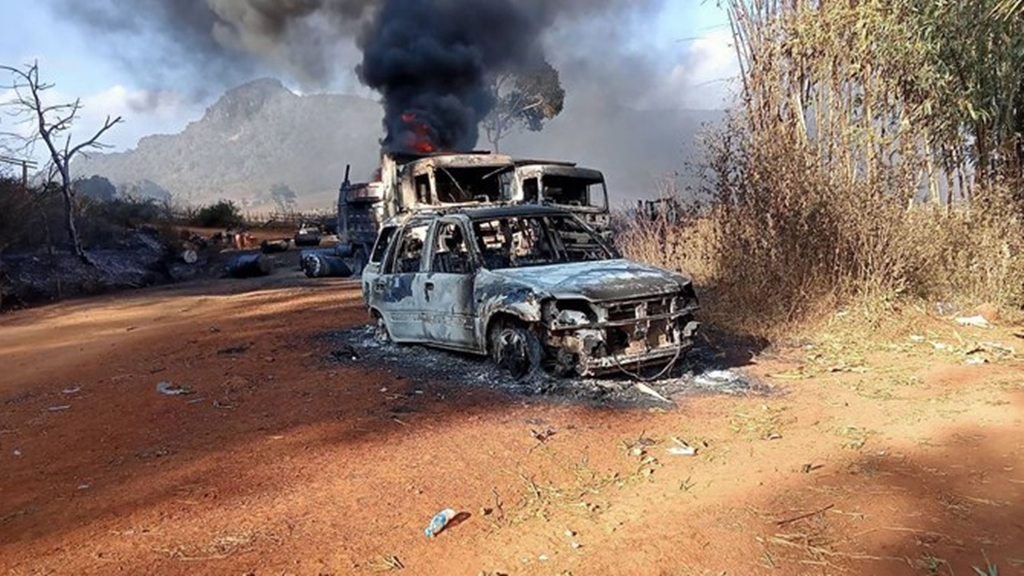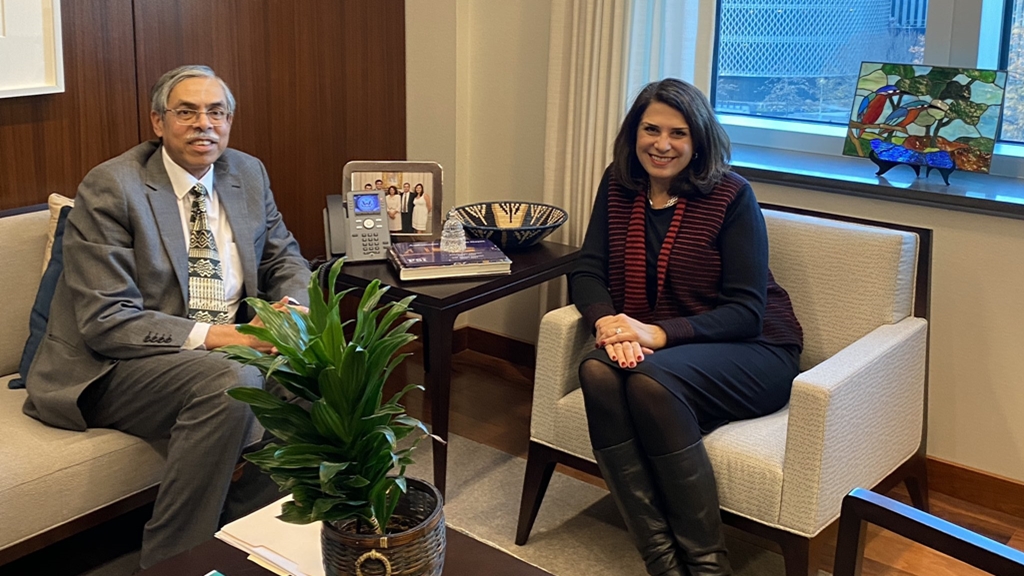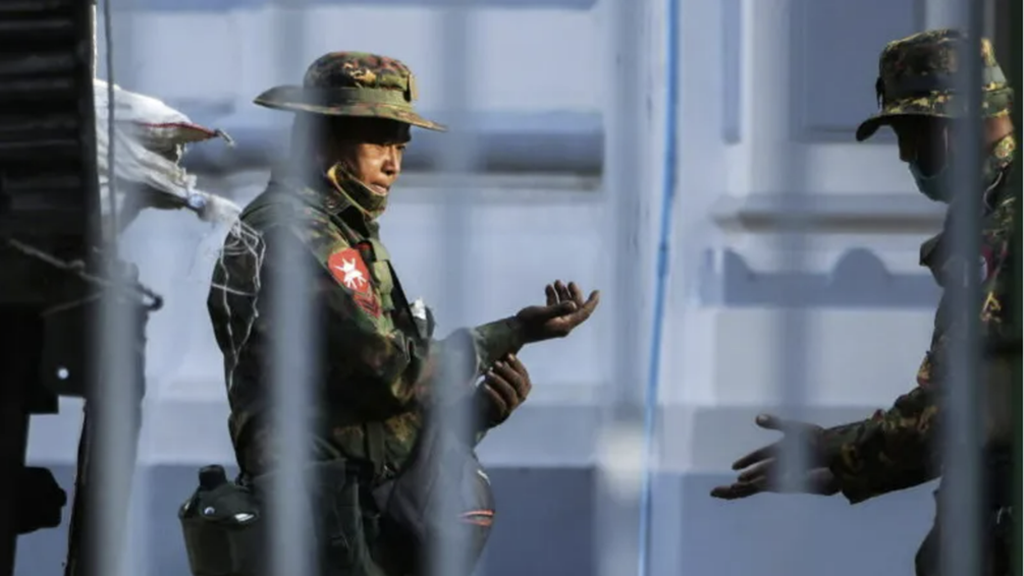
Myanmar terror tactics were perfected against Rohingya
- 27/12/2021
- 0
By Dr. Azeem Ibrahim, Arab News
More evidence of mass killings is emerging amid the Myanmar junta’s crackdown on pro-democracy rebels. Last weekend at least 35 civilians were murdered in Hpruso township, and their bodies burned.
There is also evidence of at least 40 men being rounded up, tortured and killed in four incidents in June. These follow previous testimonies of human rights abuses as the military regime, which took power in a coup in February, attempts to stamp its authority on a tenaciously resistant civilian populace.
The latest revelations will increase pressure on the international community to confront the junta more directly. However, in truth, these kinds of tactics are par for the course for the Tatmadaw, the armed forces of Myanmar.
Blatant disregard for human life has been widespread among the military during the decades-long conflict with ethnic rebels fighting for greater autonomy, as seen in the shelling of civilian communities and the use of mass starvation as a weapon of war. Both tactics have been shown to have been in use in offensives against areas that are resisting military authority, or communities that continue to demand the reinstatement of the civilian government elected late last year.
The Myanmar military has been deploying the tactics of genocide against ethnic minority groups in the borderlands for decades.
Dr. Azeem Ibrahim
Meanwhile, terrorizing communities by rounding up and publicly killing the men, as well as sexually abusing women and even minors, were well attested during the Tatmadaw’s genocide of the Rohingya minority during 2016-2017.
The Myanmar military has been deploying the tactics of genocide against ethnic minority groups in the borderlands for decades. But now it using the same tactic against what is supposed to be its political base: The Buddhist Burmese majority in the heartlands of the country. It appears that the rebels are increasingly cognizant of the fact that the junta has no more regard for them than it had for the Rohingya. They now know that they are fighting an enemy with whom there can be no compromise.
What is remarkable about the situation, however, is the apparent lack of strategic comprehension by those leading the crackdowns. The same atrocities have failed to beat into submission most of the ethnic rebels in the borderlands, which is why Myanmar is known as the home of the longest civil war in the world. And against the much broader civilian population of the country, these tactics have appeared to increase support for and the resolve of the pro-democracy movement as the crackdowns escalated over the course of this year.
At the same time, the transparent genocidal behavior of the Myanmar usurpers is making their international position increasingly precarious. The international community is running out of excuses to stop the madness. This is not the 1990s, and Myanmar is not in Europe, meaning that the West would much prefer to avoid the kind of intervention deployed against Serbia during the Balkan conflict. However, continued instability on the border with China is likely already testing the patience of Beijing. Sooner or later, the global community will be forced to put its foot down — and when that time comes, it may even have the tacit support of Beijing.
There are still a number of steps available to the West when it comes to censuring the de facto government of Myanmar, but each excess of this kind that is revealed only shortens the time until the international community can no longer avoid its obligations under the UN charters, and must finally come to the aid of the beleaguered civilians of the country in their fight for political freedom.
- Dr. Azeem Ibrahim is the director of special initiatives at the Newlines Institute for Strategy and Policy in Washington DC and author of ‘Rohingyas: Inside Myanmar’s Genocide’ (Hurst: 2017). Twitter: @AzeemIbrahim







